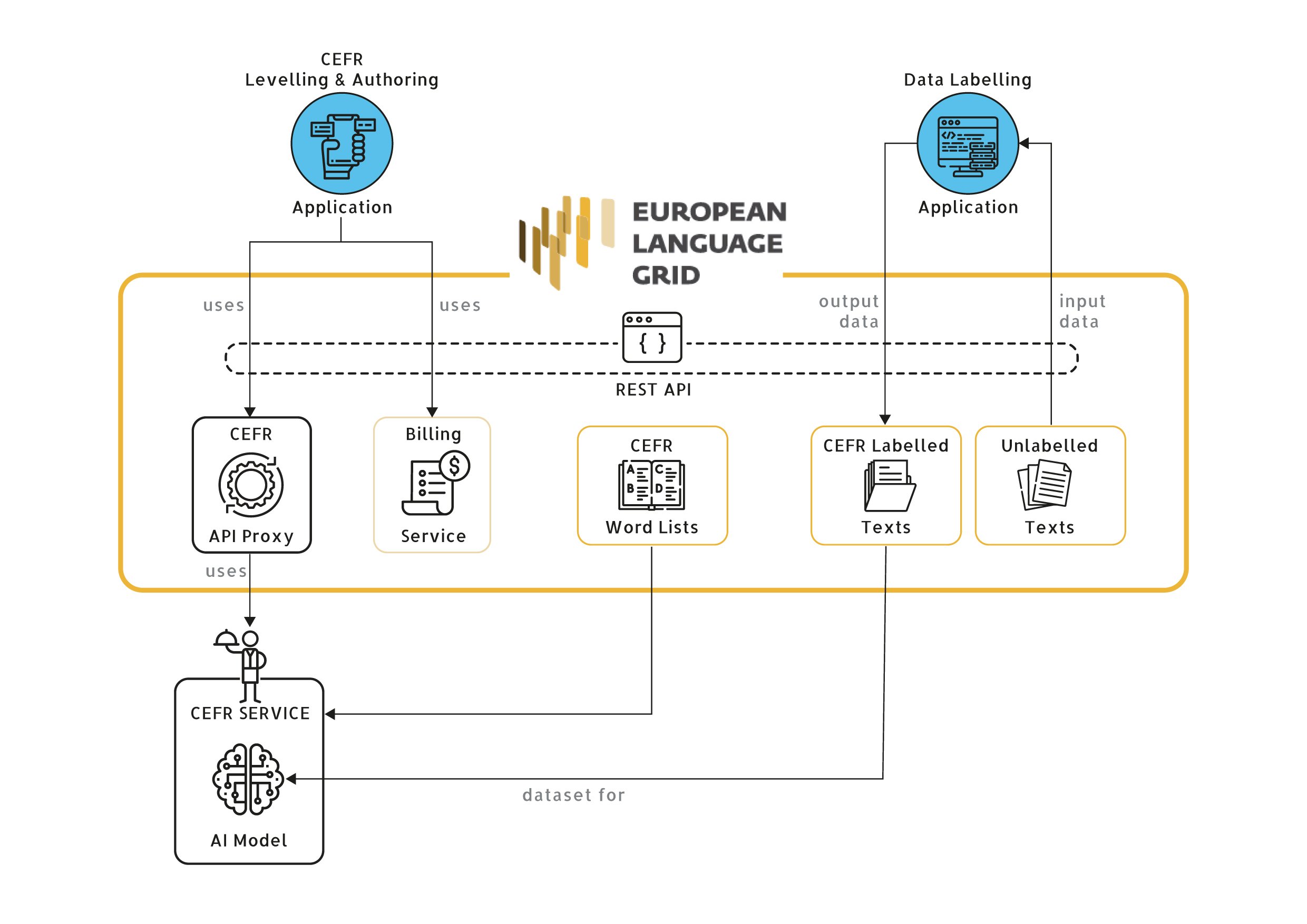accessibility tool FOR DUTCH municipalities developed as an integration for the TYPO3 CMS
Wind Internet and EDIA have joined forces to help improve the readability of government texts. This collaboration has resulted in a TYPO3 extension that allows text authors to directly assess whether the text aligns with the reading level of the target audience.
Problem
In modern society, digital communication has become an essential means of informing citizens and involving them in municipal affairs. It is crucial that the information on these websites is accessible to a wide audience, regardless of their background or skills. Our initiative, commissioned by The Ministry of the Interior and Kingdom Relations, aims to improve the readability of municipal texts, making them understandable for everyone.
Solution
As part of our initiative, we have developed a new accessibility tool specifically designed as an integration for the TYPO3 content management system. This new accessibility tool enables municipalities to analyze and improve the readability of texts based on the CEFR levels (target level B1). By using this tool, municipalities can ensure that their information is understandable and accessible to a broad audience.
nieuwe toegankelijkheidstool VOOR NEDERLANDSE GEMEENTEN ontwikkeld als integratie voor het TYPO3 CMS
Wind Internet en EDIA hebben de handen ineen geslagen om leesbaarheid van overheidsteksten te helpen verbeteren. Uit deze samenwerking is een TYPO3 extensie voort gekomen, waarmee auteurs van teksten direct kunnen nagaan of de tekst aansluit bij het leesniveau van de doelgroep.
Probleem
In de moderne samenleving is digitale communicatie een essentieel middel geworden om burgers te informeren en bij gemeentelijke zaken te betrekken. Het is van cruciaal belang dat de informatie op deze websites toegankelijk is voor een breed publiek, ongeacht hun achtergrond of vaardigheden. Ons initiatief, in opdracht van het Ministerie van Binnenlandse Zaken en Koninkrijksrelaties, streeft ernaar om de leesbaarheid van gemeentelijke teksten te verbeteren, zodat ze voor iedereen begrijpelijk zijn.
Oplossing
Onderdeel van ons initiatief is een nieuwe toegankelijkheidstool, speciaal ontwikkeld als integratie voor het TYPO3 content management systeem. De nieuwe toegankelijkheidstool stelt gemeenten in staat om de leesbaarheid van teksten te analyseren en te verbeteren op basis van de ERK-niveaus (doelniveau B1). Door het gebruik van deze tool kunnen gemeenten ervoor zorgen dat hun informatie voor een breed publiek begrijpelijk en toegankelijk is.
Fonto Editor and EDIA Content Analysis
Content labeling platform
Content structuring and content enrichment are core challenges for publishers and content creators as they move into an increasingly digital and data-driven world. EDIA enables publishers and content creators to work successfully in today’s data-driven world.
EDIA’s content labeling platform aims to radically improve content production, content management and content delivery. The platform includes several turnkey content labeling solutions that can be integrated into existing content authoring and management systems. This creates a unique set of tools to enrich content in a highly efficient manner.
Fonto and EDIA
The integration between EDIA’s content labeling platform and Fonto allows authors and editors to automatically extract the most relevant keywords and topics. They can also get instant feedback on the reading difficulty (CEFR) of their texts.
Benefits
● Easily cross-link content on related concepts
● Improve alignment between their content and target audience
● Boost overall metadata quality and consistency
● Reduce time-consuming review rounds
““Fonto is the perfect authoring tool for publishers that want to leverage EDIA’s solutions. It’s underlying structured content format is perfectly suited for automated content labeling and enrichment.”
”
The European Language Grid (ELG) selected EDIA's 'CEFR Labelling and Assessment Services
The project in a nutshell
Our project aims to develop a set of data collection and annotation tools to facilitate the creation of data sets (corpora), which can be used to develop classification. These can automatically assess a text's reading difficulty against the Common European Framework of Reference (CEFR). The ability to accurately and consistently check the readability level of texts is crucial to authors and teachers. It will allow them to create and discover content that meets the needs of students with different backgrounds and skill levels.
EDIA already provides automated readability assessment technology (available as API and authoring tool) for the CEFR which is currently available for English. Through this project, additional languages will be supported (ie. Dutch, German, French and Spanish). As part of the project, we will also build an infrastructure that will pave the way for adding other languages in the future.
The EU funds EDIA’s efforts towards automated readability assessment in Dutch, German, Spanish and French.
CEFR?
The CEFR (Common European Framework of Reference for Languages: Learning, Teaching & Assessment) aims to provide a comprehensive learning, teaching, and assessment method that can be used for all European languages. Indicating the level of learners of foreign languages in Europe and beyond, the CEFR facilitates the assessment of a person's language proficiency.
Get more insights. Review our collection of case studies, reports, and more:






